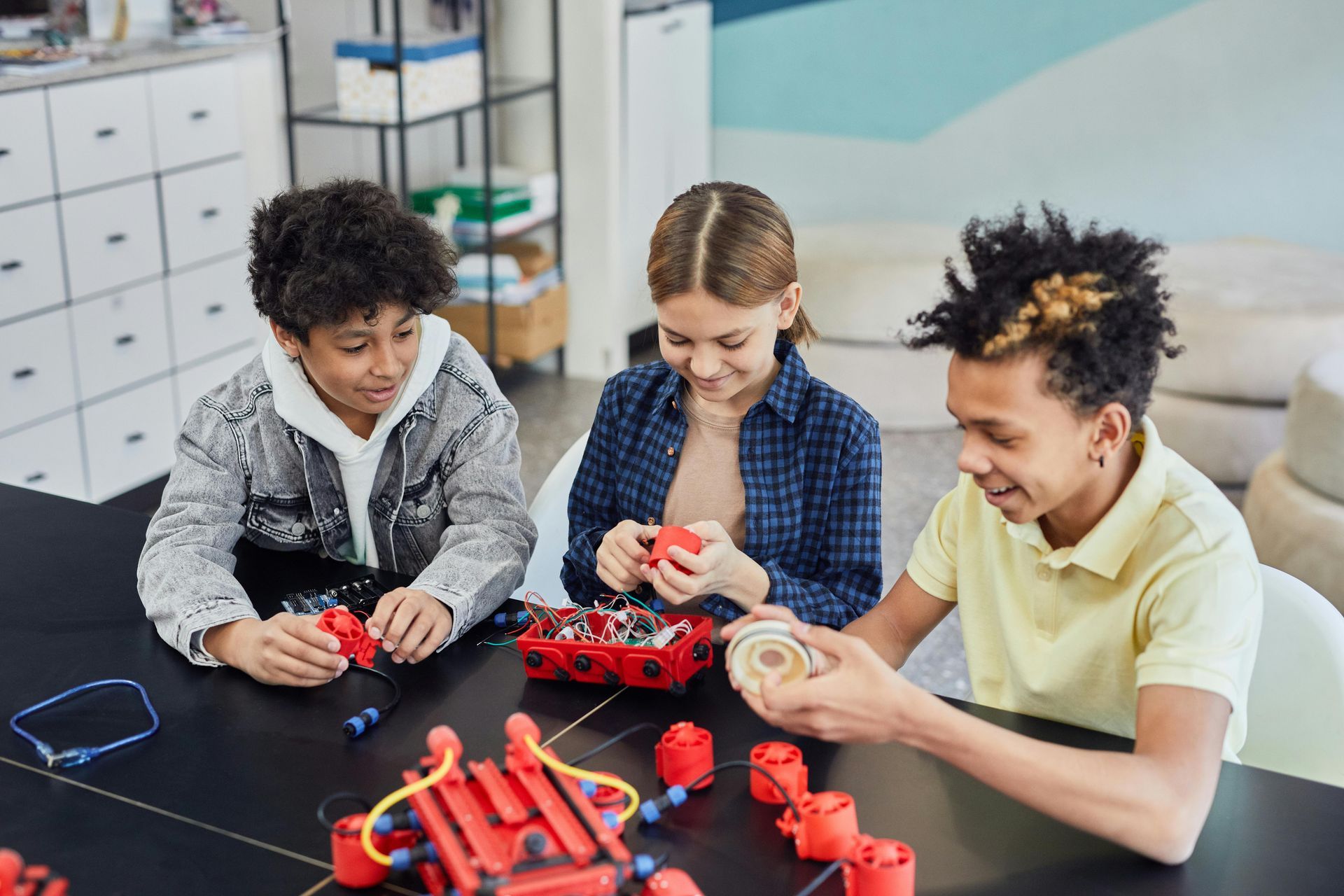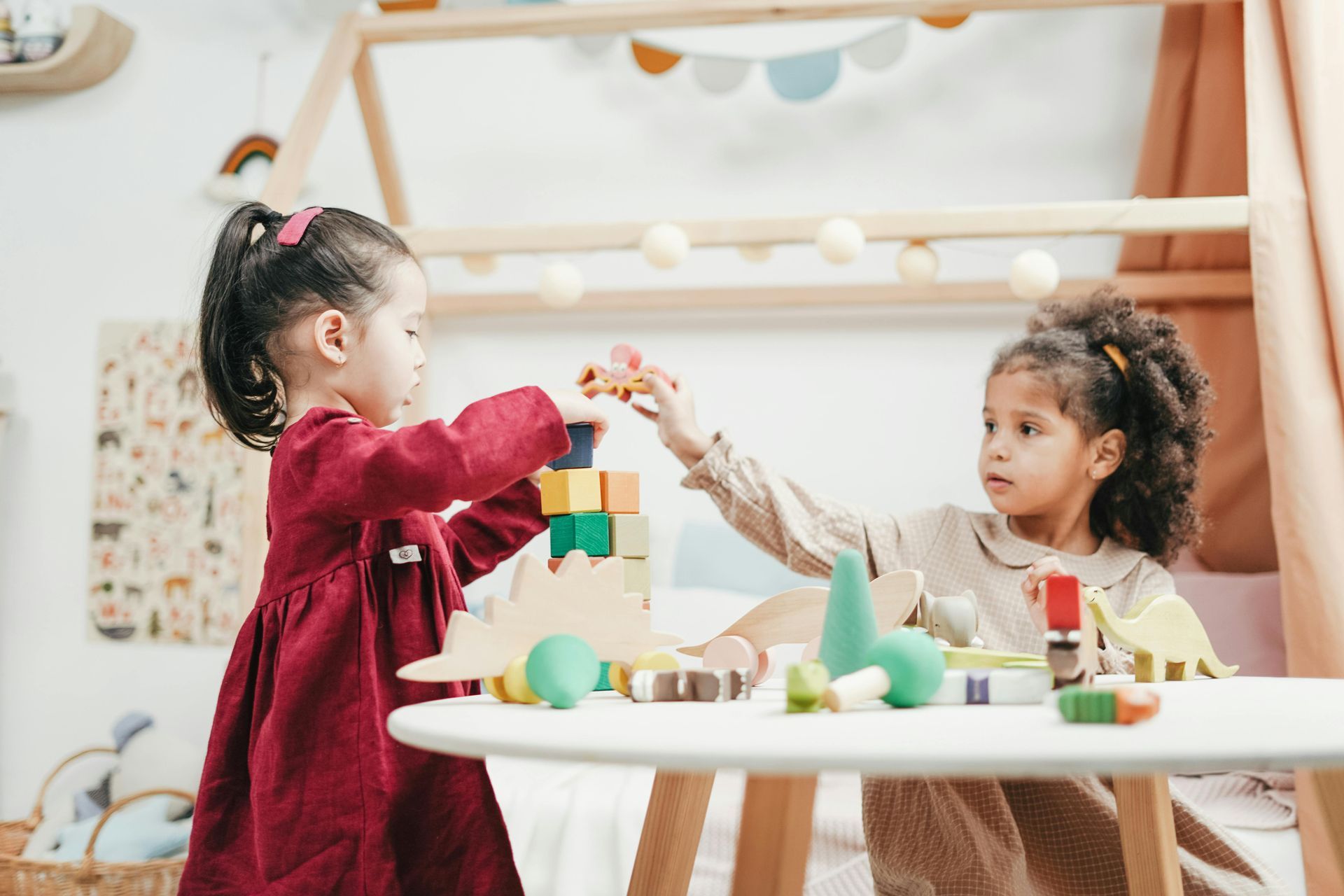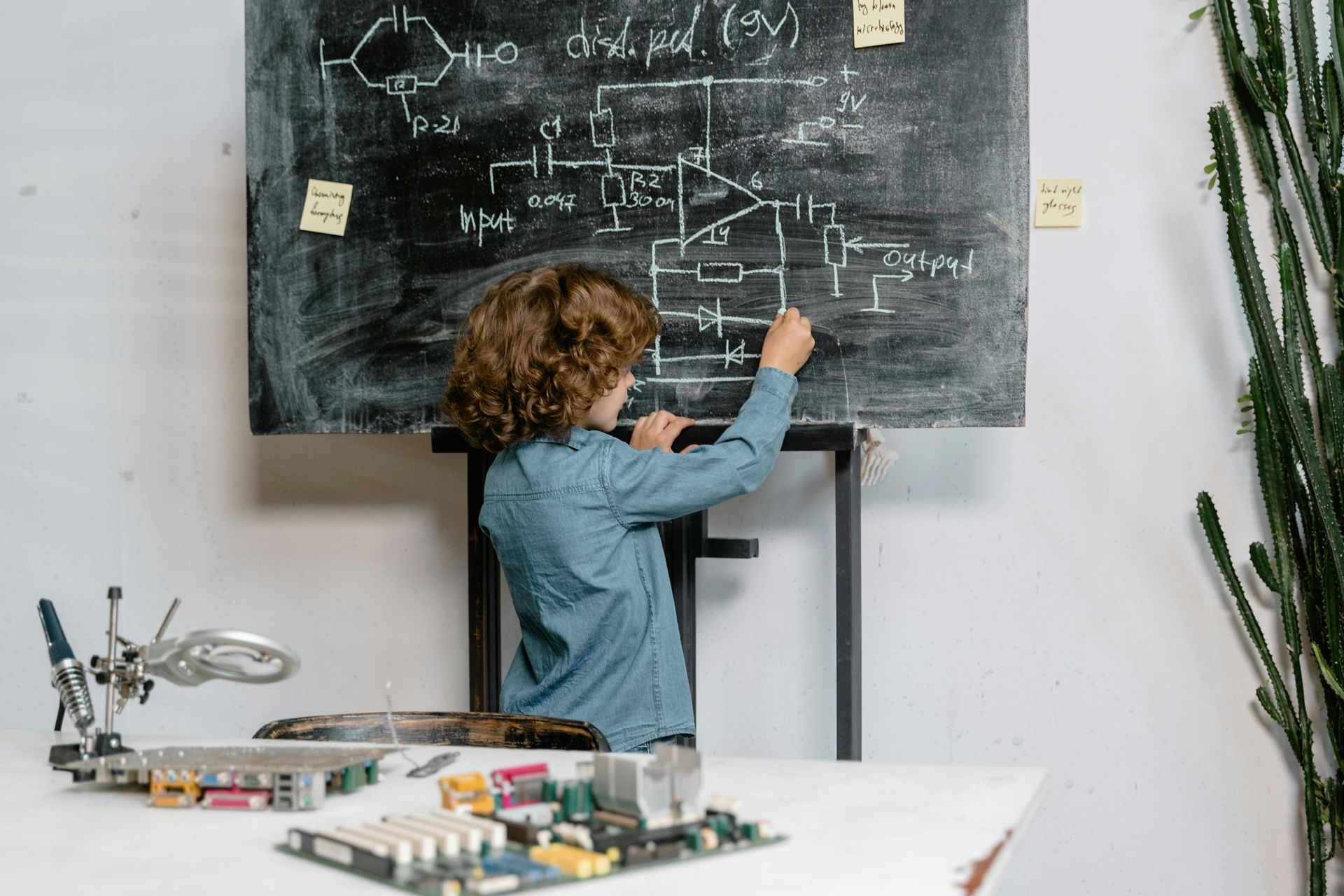Creating a Safe and Nurturing Environment for Children

The Importance of Safety and Nurturance in Early Childhood Education
At Mt. Sinai Children’s Development Center (CDC), we believe that providing a safe and nurturing environment is the foundation of any successful early childhood education program. A child’s early years are a time of exploration and learning, and it’s essential that these experiences take place in an environment that promotes physical, emotional, and psychological well-being.
Children thrive when they feel secure, valued, and supported. For parents, knowing that their child is in a safe, caring environment while they are at work or attending other commitments is crucial to peace of mind. Our goal is to create a setting where children can explore, learn, and develop to their full potential, all while knowing that their well-being is our top priority.
In this blog post, we will explore the various ways Mt. Sinai CDC creates a safe and nurturing environment for young children. From our commitment to safety protocols to the emotional support we provide, every aspect of our center is designed with the best interests of the children in mind.
1. Prioritizing Physical Safety in the Learning Environment
Physical safety is a primary concern at Mt. Sinai CDC. We recognize that young children are naturally curious and energetic, and we strive to create an environment that is both safe and stimulating for them to explore. Ensuring the physical safety of each child involves a multi-faceted approach that encompasses building design, materials, staffing, and daily practices.
- Child-Proofing the Space: Our classrooms and play areas are carefully designed to ensure that they are free from any hazards that could pose a risk to children. All furniture is child-sized, non-toxic, and free from sharp edges. We regularly inspect and maintain our equipment to make sure it is sturdy and safe for use. Soft mats are placed in play areas to cushion falls, and areas with high foot traffic are clearly marked to prevent accidents.
- Supervision and Staffing: Our trained educators and staff members are always present and actively engaged with the children. We adhere to strict child-to-staff ratios, ensuring that every child receives individual attention and that no child is left unsupervised. Our staff is CPR and first aid certified, prepared to respond quickly and effectively in case of emergencies.
- Emergency Preparedness: We are committed to the safety of our children, and our staff undergoes regular training on emergency procedures, including fire drills, evacuation plans, and lockdown protocols. Emergency supplies, such as first aid kits and emergency contact information, are easily accessible throughout the facility.
Physical safety is a shared responsibility, and we work closely with families to ensure that children arrive and leave safely, providing clear guidelines for drop-off and pick-up procedures.
2. Fostering Emotional Safety and Security
While physical safety is essential, emotional safety is equally important in fostering a child’s sense of well-being. Children need to feel secure and supported in order to explore the world around them, build relationships, and develop confidence. At Mt. Sinai CDC, we prioritize creating an emotionally safe environment where children feel loved, respected, and encouraged.
- Building Trusting Relationships: One of the most important ways we foster emotional safety is by building strong, trusting relationships between children and their teachers. Our staff works to create an atmosphere of warmth and care, where children feel comfortable expressing their feelings and exploring new ideas. By establishing consistent routines and clear expectations, we help children feel secure and confident in their daily activities.
- Encouraging Emotional Expression: We encourage children to express their emotions in healthy, constructive ways. Whether they are feeling happy, frustrated, or sad, we provide children with the tools and language they need to communicate their feelings. Our teachers model emotional regulation and help children work through conflicts in a calm and respectful manner. This teaches children how to identify and manage their emotions, which is an essential skill for lifelong emotional well-being.
- Support for Social and Emotional Development: At Mt. Sinai CDC, we understand the importance of social-emotional development, which is foundational to a child’s overall well-being. We provide opportunities for children to engage in cooperative play, share experiences, and learn how to navigate friendships. Through structured activities and free play, we help children develop empathy, patience, and social skills.
In an emotionally safe environment, children develop resilience and learn how to build meaningful, positive relationships. Our teachers are trained to respond sensitively to each child’s emotional needs and to create a space where every child feels valued.
3. Nurturing Growth Through Developmentally Appropriate Practices
At Mt. Sinai CDC, we take a developmentally appropriate approach to teaching and caregiving. We recognize that each child develops at their own pace, and we adjust our activities and teaching methods to meet the individual needs of each child. This personalized approach not only ensures that children are learning at a level that’s suitable for them, but also helps them feel supported and nurtured.
- Individualized Learning Plans: We understand that every child is unique, with different strengths, challenges, and interests. Our educators work closely with each child to develop individualized learning plans that cater to their specific developmental needs. Whether a child needs additional support in motor skills, language development, or socialization, we tailor our approach to ensure they are getting the right level of challenge and support.
- Play-Based Learning: We believe in the power of play as a vehicle for learning, and we create opportunities for children to learn through hands-on, play-based activities. These activities are designed to promote curiosity, creativity, and problem-solving, while also encouraging physical, cognitive, and social-emotional development. Through guided play and exploration, children learn to make decisions, take risks, and express themselves freely.
- Learning Through Observation and Interaction: In addition to structured activities, we provide plenty of opportunities for children to learn through observation and interaction with their peers and teachers. These interactions promote language development, social skills, and cognitive growth. Teachers observe each child’s progress and provide positive reinforcement to encourage continued development.
By offering developmentally appropriate activities and providing individualized attention, we create an environment where children feel supported in their growth and development.
4. Creating a Safe and Nurturing Environment for Diverse Families
At Mt. Sinai CDC, we embrace the diversity of our community and strive to create an inclusive, culturally responsive environment where all families feel welcome and respected. We recognize the importance of understanding and valuing the unique backgrounds, traditions, and needs of each family.
- Cultural Sensitivity: Our teachers are trained to understand and appreciate the cultural differences that may exist among our families. We create an environment where children are exposed to diverse cultural experiences and learn to appreciate differences in language, customs, and beliefs. We celebrate various cultural holidays and events throughout the year, creating an inclusive environment where every child feels proud of their heritage.
- Open Communication with Families: We prioritize building strong partnerships with families to ensure that we are meeting the needs of each child. Our teachers and staff maintain open lines of communication with parents, providing regular updates on their child’s progress and addressing any concerns or needs. We welcome family input and believe that collaboration between home and school is essential for a child’s success.
By fostering a culturally sensitive and inclusive environment, we help children develop a sense of belonging and respect for others. This not only enhances their emotional safety but also supports their social development.
5. Providing Consistent and Clear Boundaries
While a nurturing environment is essential, it is also important to establish consistent boundaries and routines. Clear expectations and structure provide children with a sense of security and help them understand the world around them.
- Clear Rules and Expectations: We establish clear, age-appropriate rules and expectations for behavior in the classroom and play areas. These rules help children understand what is acceptable and what is not, and they provide a sense of stability and consistency. Teachers reinforce positive behaviors and provide gentle reminders when necessary.
- Routines and Consistency: Children thrive on routine. At Mt. Sinai CDC, we follow a structured daily schedule that includes designated times for learning, play, meals, and rest. This consistency helps children feel secure and understand what to expect throughout the day. It also promotes independence, as children learn to anticipate transitions and take responsibility for their actions.
Clear boundaries and routines help children feel safe and supported, as they know what to expect and how to behave in different situations.
At Mt. Sinai CDC, we recognize that
building resilience in children is deeply connected to
the role of play in child development, as play encourages problem-solving, confidence, and emotional strength.
Ensuring a Safe, Nurturing Environment at Mt. Sinai CDC
At Mt. Sinai CDC, we are committed to providing a safe and nurturing environment where children can grow, learn, and thrive. From ensuring physical safety through child-proofing and staff supervision to fostering emotional well-being through supportive relationships, we create a space where children feel secure, valued, and ready to explore.
By embracing developmentally appropriate practices, promoting cultural sensitivity, and providing clear boundaries, we offer a holistic approach to early childhood education that supports the physical, emotional, and cognitive development of every child. We are proud to be a place where children can build a strong foundation for lifelong learning in a safe and nurturing environment.















